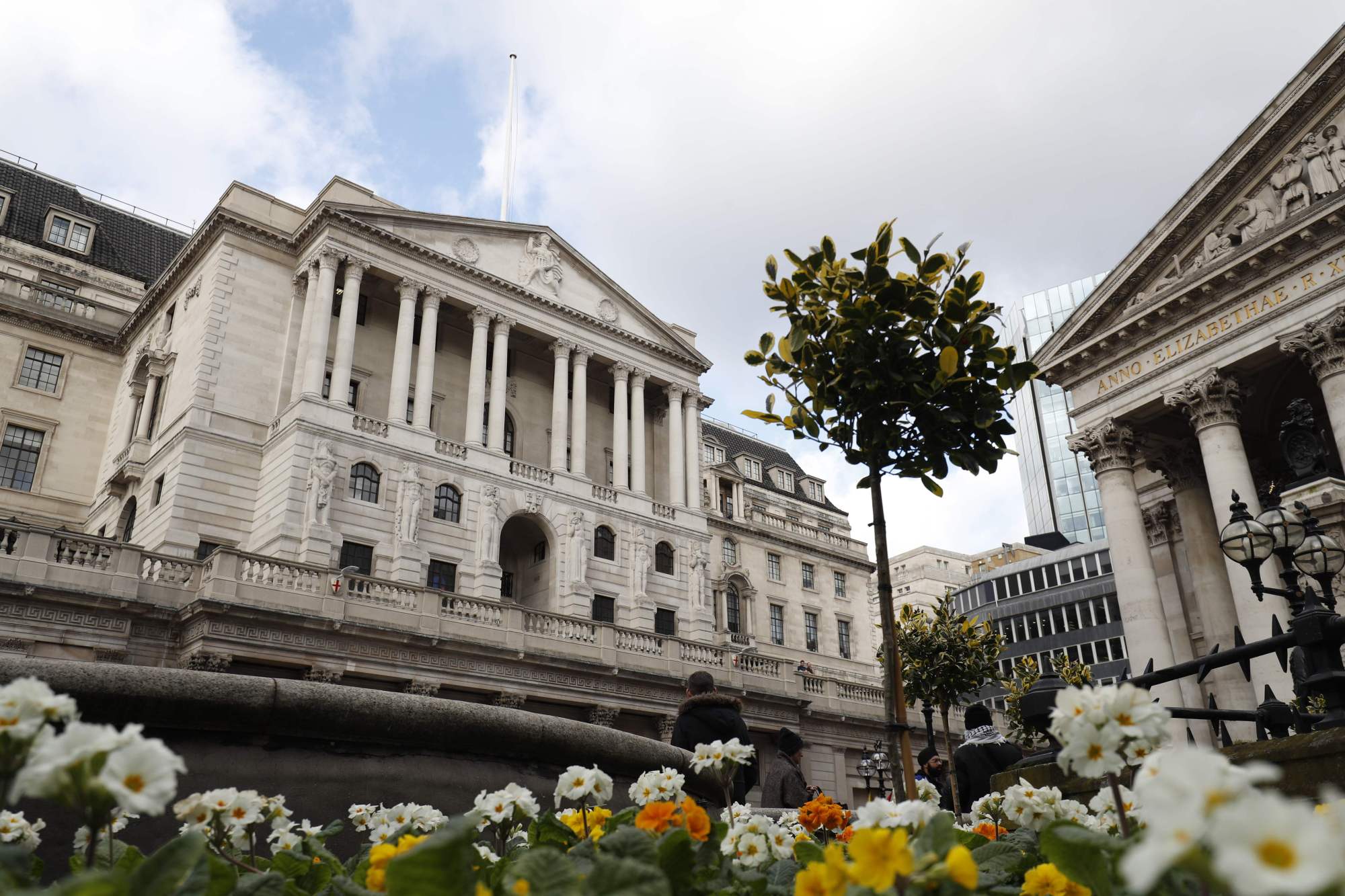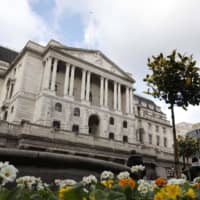The Bank of England's pessimistic view of the U.K. has left economists scrambling to rewrite their expectations for future action.
In its Inflation Report on Thursday, the central bank cut its forecast for growth this year to the weakest in a decade and predicted a dramatic investment slump. Officials also said they see a margin of slack in the economy opening up in the near term, rather than the excess demand they saw previously.
That outlook has been interpreted as a dovish tilt. Nomura's George Buckley — who has been among the more bullish economists in recent years — now expects the BOE to hike in November rather than May this year, and also sees a gap of nine months, rather than six, between moves. Meanwhile Citigroup and Bloomberg Economics both moved their calls for a hike to August from May.
Still, by predicting any action this year, economists remain more optimistic than markets, who aren't fully pricing in any moves until beyond May 2020.
The BOE is the latest central bank to take a downbeat turn this year after the U.S. Federal Reserve and European Central Bank.
For the U.K., wider worries about slower global growth are combining with increasing Brexit uncertainty as the nation approaches its March 29 British exit date from the European Union without a withdrawal deal in place.


















With your current subscription plan you can comment on stories. However, before writing your first comment, please create a display name in the Profile section of your subscriber account page.